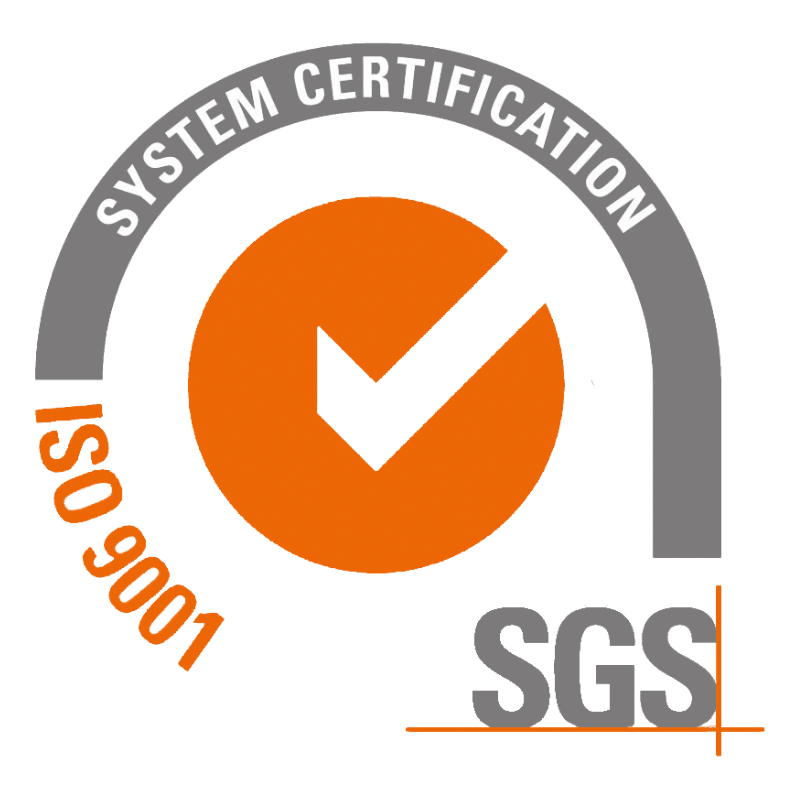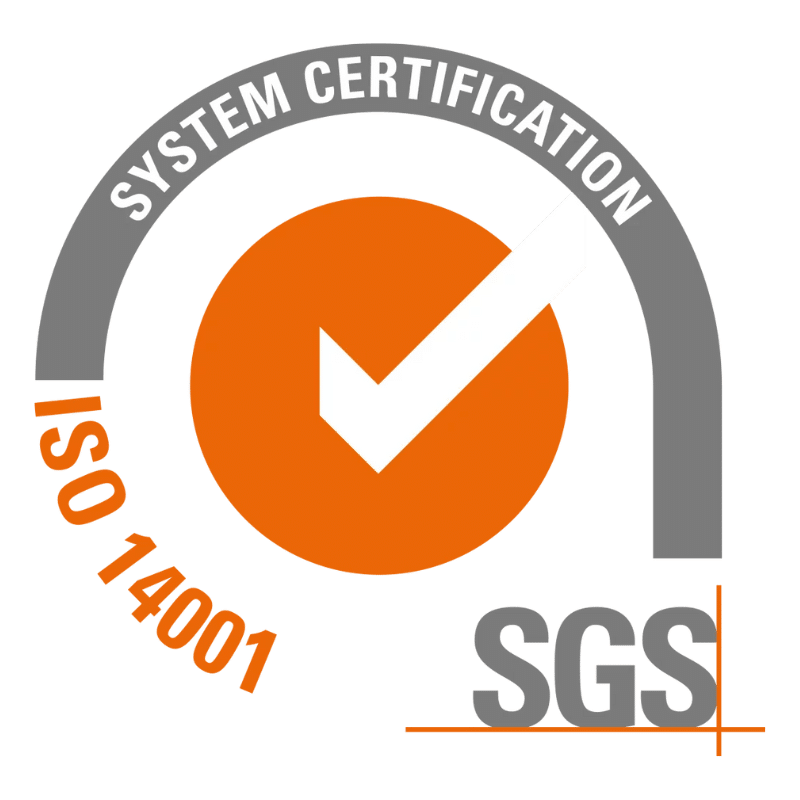When considering the critical skills of management and leadership, certain ones will probably come to mind – decision making, strategic thinking and delegation, for example, are all important for keeping on top of a modern organisation and its many moving parts, whilst also making and delivering plans for growth and success.

There are also some lesser known (and often overlooked) skills that can have just as big an impact on managers’ and leaders’ effectiveness in the background, some of which you can explore below:
Emotional Intelligence
Emotional intelligence (EI) is the ability to recognise and understand emotions in oneself and others and use that awareness to guide behaviour and build relationships. While technical expertise and business acumen are essential, leaders who possess high emotional intelligence have an edge in managing people, fostering a positive work environment and building a workplace culture that is both well-defined and widely understood.

Empathy, self-awareness, and effective interpersonal skills are qualities unlocked within emotionally intelligent leaders, enabling them to inspire, motivate and develop their teams to achieve great results.
Conflict Resolution
Conflict is inevitable in all teams and organisations, so it might be hard to imagine that the ability to resolve it is an overlooked skill. In reality, it’s probably more overlooked as a learnable skill, rather than underestimated in its importance. Managers and leaders who consistently deploy a structured approach to their conflict resolution, by gaining understanding of the underlying causes, actively mediating discussions, and finding mutually beneficial solutions, can do it more effectively.

Managers and leaders who receive targeted learning and development support to help them resolve conflicts, rather than simply ‘figuring it out’ or ‘learning by doing’ can diffuse long term tensions (and prevent them from reappearing), build consensus, and promote a culture of collaboration, leading to increased productivity and higher levels of employee engagement.
Active Listening
Listening is historically underprioritised in the realm of management and leadership skills – perhaps unsurprising considering the (now outdated) management model of distributing instructions and ‘telling people what to do’. Active listening is the skill of listening to understand, rather than listening to simply reply, with an emphasis on considering the meaning and intent behind someone’s words, rather than simply translating the words themselves.

It might sound like a challenging or intangible skill to master, which is perhaps why it has been overlooked, but active listening can be learned and practiced, and will enable leaders and managers to gather valuable insights, build rapport and make well-informed decisions. It also supports the recent trend of employees increasingly wanting to feel heard and respected by their employer which, in a consistently competitive employment market, is a competitive edge that can’t be ignored.
Resilience
Another skill for the ‘that can be learned?’ list, our level of personal resilience is not something we’re born and therefore stuck with – it can be grown though training and practice. Resilient managers and leaders show improvements in managing change, cope well with external challenges, make better (and faster) decisions under pressure and learn from their mistakes.

It’s important to note that resilience doesn’t need to be learned the hard way – organisations shouldn’t be looking to forge resilient managers and leaders by putting them through challenging situations and environments and seeing how they get on. With the right learning and development support, they can be proactively produced before their resilience is truly called on.
Whilst ‘traditional’ management skills are undeniably important, it is important not to overlook the development areas listed above – especially when you consider the benefits that can be unlocked. Managers and leaders who are supported to focus on improving these skills can take the leap from good to exceptional. At the heart of the world’s most successful organisations, managers and leaders are moving past the ‘old ways’ and using these skills to create thriving work environments, foster supportive and developmental cultures and drive profit and growth in an increasingly complex and unpredictable world.
If you are interested in learning and development support for any of the skills above, either as standalone workshops or a tailored programme of support, send us an email or fill out an enquiry form to arrange an exploratory chat.






